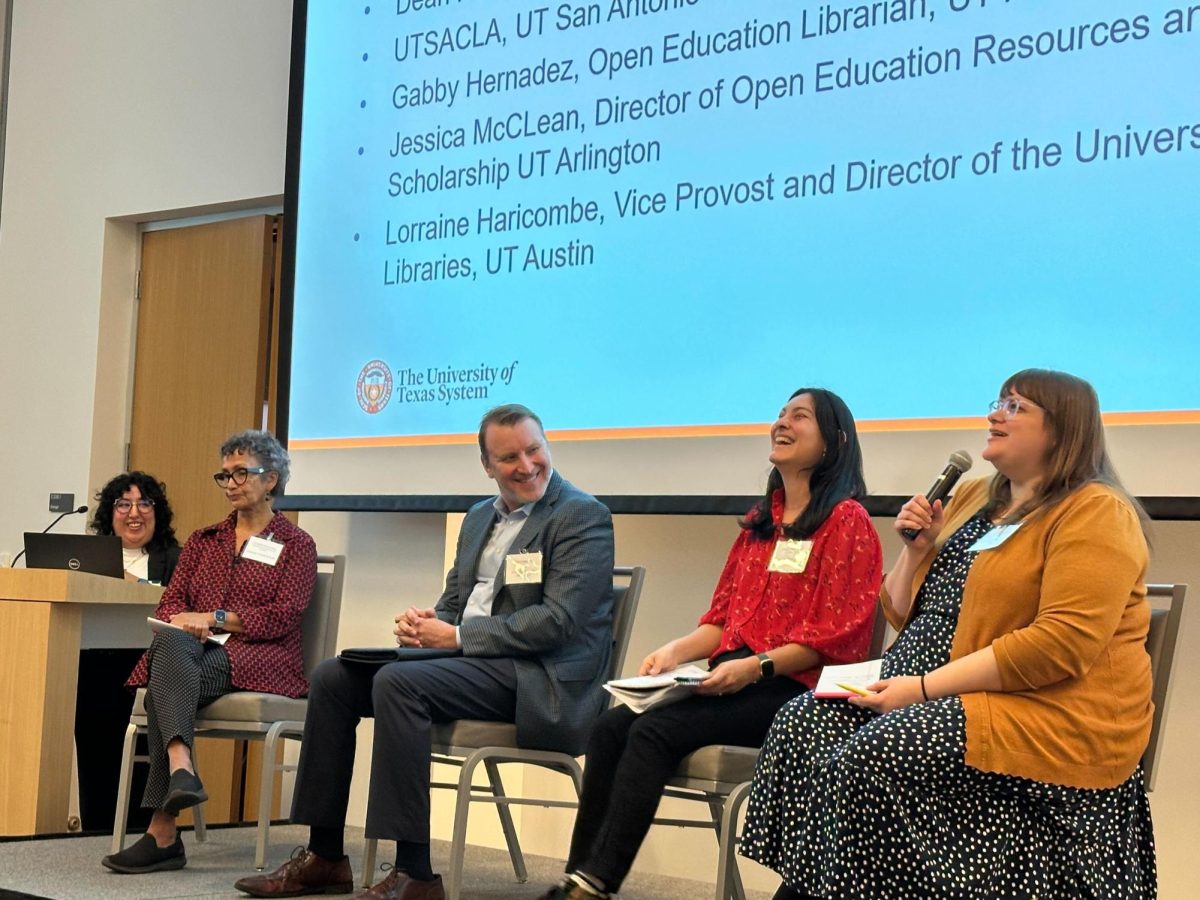As the Texas population continues to grow, the UT System is working with other institutions to ensure all Texans have access to higher education, UT System chancellor James Milliken said.
Milliken and Texas A&M chancellor John Sharp sat down to discuss the future of higher education, the rapidly growing Texas population and tuition at the Texas Tribune Festival on Friday. The event was a live broadcast of Think, North Texas Public Broadcasting station KERA’s podcast.
“(Texas is) going to double in population (within the) next 30 years, but we're probably not going to have double the number of these traditional university campuses that we have today,” Milliken said.
In the future, Texas higher education institutions will work together to offer more alternative paths to higher education credit, such as increasing dual credit classes for high school and offering more online classes at universities, Milliken said.
For people looking to restart their education later in their career, the UT System hopes to offer more certificate programs and short courses to accommodate working students, Milliken said.
“(We are trying to offer) the kind of thing people are going to be able to access … just in time for that next promotion or job opportunity,” Milliken said. “That's a space I think we're all trying to fill, but we've got to move more quickly.”
Sharp said increasing the number of college-educated students could benefit Texas’ economy.
“If we become the state that produces the most 18- to 23-year-olds in the country, and they are well educated, we smoke everybody,” Sharp said. “This is bigger than all the gas, bigger than cotton, bigger than cattle, and all these powers and economic empowerment.”
Both Milliken and Sharp said their systems’ first priority is in-state students.
“We have a growing population (of students) here,” Milliken said. “That is our first obligation, and it is the first obligation of every public university.”
Over the summer, The Daily Texan reported UT-Austin would provide free tuition to students with household incomes of $65,000 and under. UT-Rio Grande Valley announced in September that it would do the same for students with incomes of $75,000 and under, according to the UTRGV newsroom website.
Miliken said he is looking into expanding financial aid for all UT System universities.
“This is something we've seen across the country,” Milliken said. “Frankly, I think we're going to see this almost everywhere with public universities.”




















